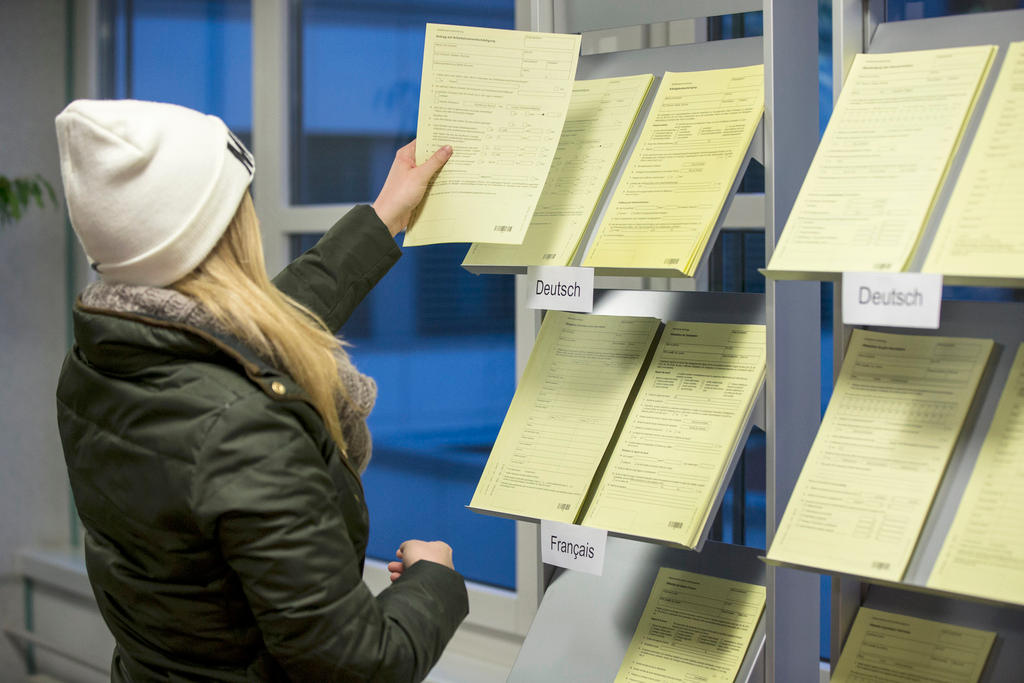
Lake Geneva region attracts most cross-border workers

Switzerland continues to attract large volumes of cross-border workers, notably in the Lake Geneva region and around the city of Basel.
At the end of last year, 318,002 people were crossing the border each day to work in Switzerland, according to data published by the Federal Statistics OfficeExternal link on Friday. This is an increase of 1.7% compared with December 2016.
As in previous years, the Lake Geneva region recorded a rise and climbed by 2.1% to 117,783 people. Next busiest was the north-western region of Basel on the border with France and Germany.
Ticino in southern Switzerland attracted 64,885 commuters, notably from neighbouring Italy, up 1% on the previous year. The biggest increase came in central Switzerland with a total of 2,043 people (+5.5%) at the end of 2017.
Like in previous years, French residents accounted for the biggest group of commuters – 173,175 people (+2%) – ahead of Italians (72,647 people; +1.4%), Germans (61,759 people; +0.8%) and Austrians (8,233; +0.9%).
A majority (64%) of the commuters were men, while 36% were female.

More
Who pays when cross-border workers lose jobs?

In compliance with the JTI standards
More: SWI swissinfo.ch certified by the Journalism Trust Initiative




























You can find an overview of ongoing debates with our journalists here . Please join us!
If you want to start a conversation about a topic raised in this article or want to report factual errors, email us at english@swissinfo.ch.